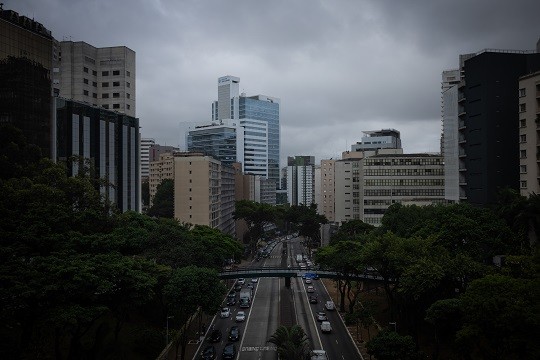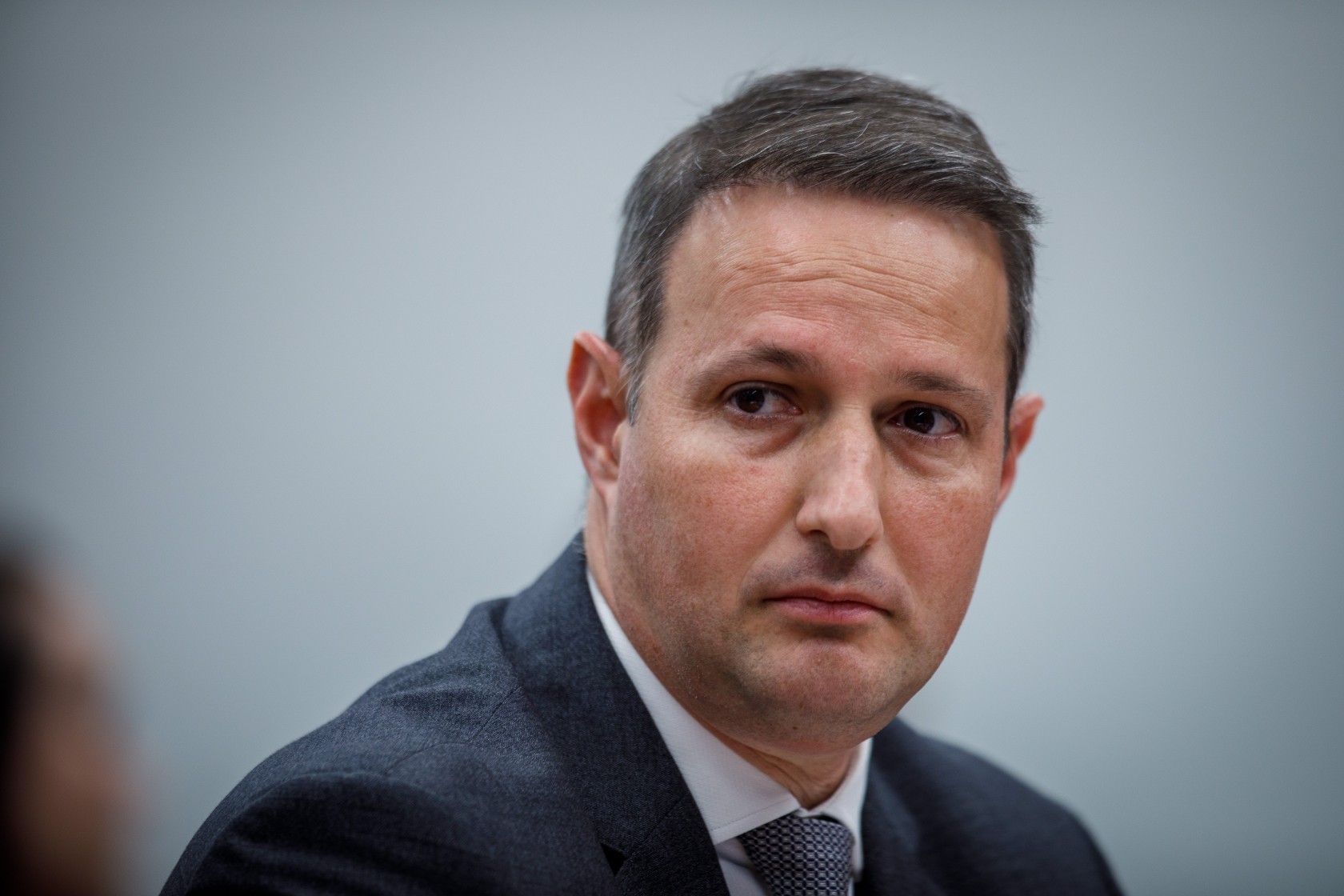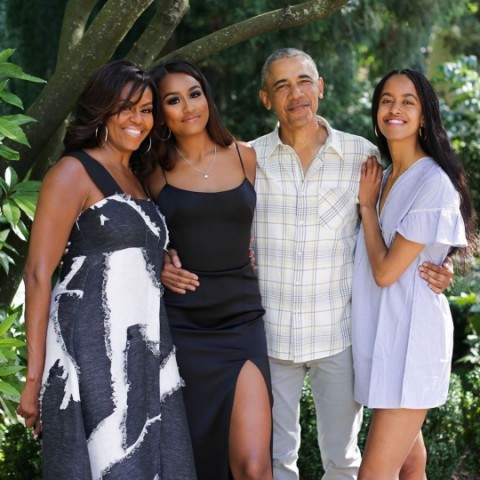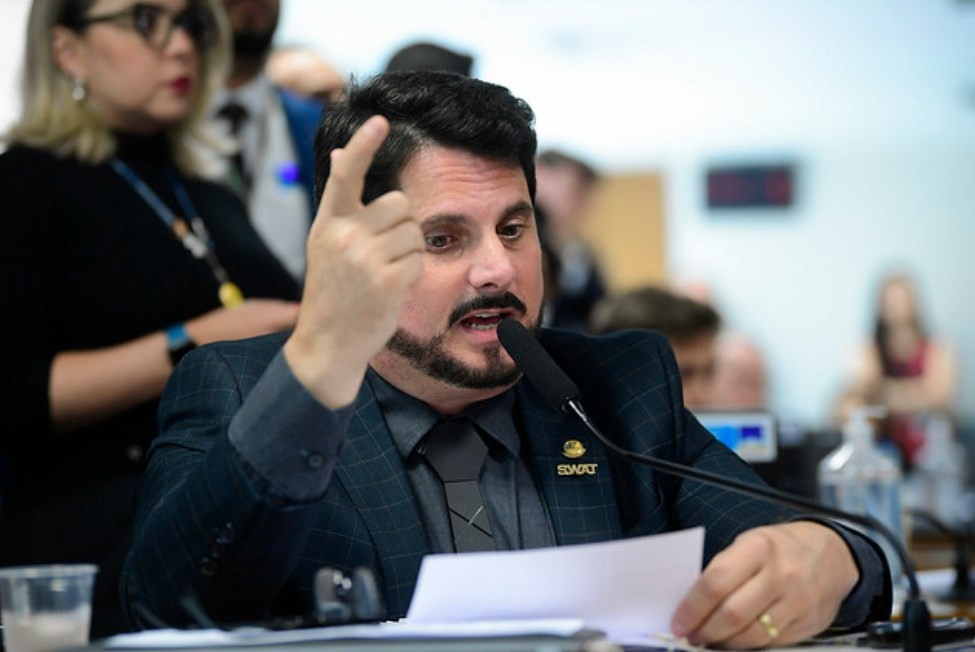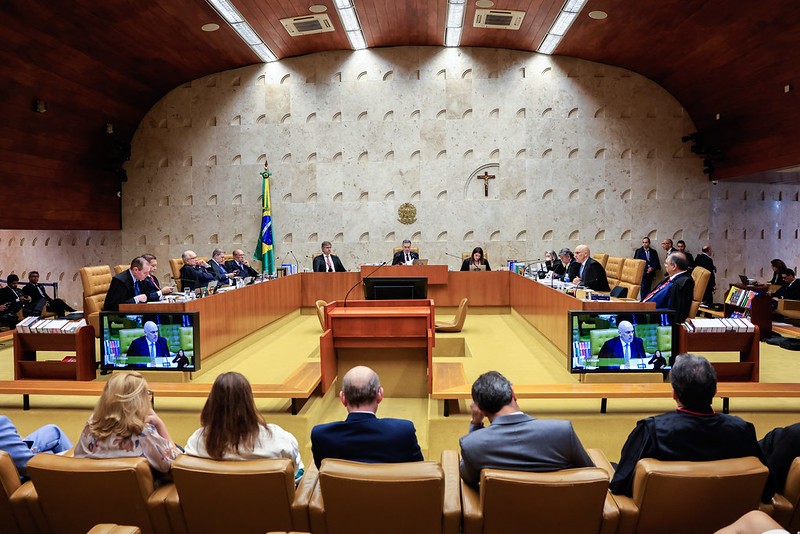'The poor have a right to beauty too,' says Paris mayor on resistance to public housing
Anne Hidalgo joins Rio mayor Eduardo Paes in discussion on inequality and climate change at U20 panel Rio de Janeiro's mayor, Eduardo Paes, joined Paris mayor Anne Hidalgo at the panel "U20, Cities on the Frontline: Tackling Climate Change, Poverty, and Inequality in the Global North and South" on Friday at the Armazém da Utopia in the Port Zone. The highly anticipated debate featured mayors from two former Olympic host cities: Rio, in 2016, and Paris, this year. While Hidalgo emphasized the urban policy directing 25% of housing to the poorest classes through the city's purchase of vacant properties, Paes acknowledged that such policies are still "incipient" in Rio. G20 in Rio: See how traffic and commerce will be during the mega-holiday in the capital Meeting: Lula and Biden to announce clean energy partnership, defying Trump — In the Reviver Centro area, there is a percentage of social housing, and we create incentives. I would say it is still very incipient. There can be a retrofit of existing properties in the Minha Casa Minha Vida program. This would allow for an intensification of social housing in the city center. We are discussing the Leopoldina area — Paes stated during the debate. Paris mayor Anne Hidalgo highlighted that one of the factors that helped her city reduce the housing deficit was a coalition of progressive groups that created specific policies for the issue. Hidalgo purchased properties in vacant buildings in the city center and invested in housing construction. — This helped a lot in addressing the issue. Paris is an expensive city where it is difficult to live. The real estate game pushes the poorest and middle class away from the city, creating new mobility and public transport problems. A group of residents discontent with poor people living next to them said 'this place is too beautiful for those people to live here,' and we responded that yes, the poor also have a right to beauty — Hidalgo asserted. First day: G20 social opening plagued by delays and entry confusion The Parisian mayor also emphasized that the weekly release of data on the effects of climate change and the outcomes of mitigation actions by the city government serve as "antibodies against deniers" who seek to thwart municipal efforts to combat climate change. — People need to see the city's transformation. Presenting quantitative and qualitative data on everything we do equips us with antibodies against climate deniers who try to intimidate and stop us from acting. During the Olympics, we built bike paths, reducing the number of cars, planted more trees, created limited traffic zones, and a ring road around Paris with a speed limit of 50 km per hour. There was an outcry, but traffic, pollution, noise, accidents, and congestion have significantly decreased. We provide these five indicators as open data weekly. In the first week, traffic accidents dropped by 68% and air quality improved by 40% — she detailed. The mayors' meeting was one of the most attended events this Friday. Among the audience was the mayor of Bamako, the capital of Mali in Africa, who said she would take inspiration back to her continent. — What they are doing inspires us to build an inclusive world, where human beings are at the center of our actions, for a better world. I believe we are on the same path, in the same harmony. We need to work for peace and development in balance with the planet in various aspects, whether in extreme climates or to combat political extremism, which has become increasingly violent — said Mariame Diallo, mayor of Bamako.


Anne Hidalgo joins Rio mayor Eduardo Paes in discussion on inequality and climate change at U20 panel Rio de Janeiro's mayor, Eduardo Paes, joined Paris mayor Anne Hidalgo at the panel "U20, Cities on the Frontline: Tackling Climate Change, Poverty, and Inequality in the Global North and South" on Friday at the Armazém da Utopia in the Port Zone. The highly anticipated debate featured mayors from two former Olympic host cities: Rio, in 2016, and Paris, this year. While Hidalgo emphasized the urban policy directing 25% of housing to the poorest classes through the city's purchase of vacant properties, Paes acknowledged that such policies are still "incipient" in Rio. G20 in Rio: See how traffic and commerce will be during the mega-holiday in the capital Meeting: Lula and Biden to announce clean energy partnership, defying Trump — In the Reviver Centro area, there is a percentage of social housing, and we create incentives. I would say it is still very incipient. There can be a retrofit of existing properties in the Minha Casa Minha Vida program. This would allow for an intensification of social housing in the city center. We are discussing the Leopoldina area — Paes stated during the debate. Paris mayor Anne Hidalgo highlighted that one of the factors that helped her city reduce the housing deficit was a coalition of progressive groups that created specific policies for the issue. Hidalgo purchased properties in vacant buildings in the city center and invested in housing construction. — This helped a lot in addressing the issue. Paris is an expensive city where it is difficult to live. The real estate game pushes the poorest and middle class away from the city, creating new mobility and public transport problems. A group of residents discontent with poor people living next to them said 'this place is too beautiful for those people to live here,' and we responded that yes, the poor also have a right to beauty — Hidalgo asserted. First day: G20 social opening plagued by delays and entry confusion The Parisian mayor also emphasized that the weekly release of data on the effects of climate change and the outcomes of mitigation actions by the city government serve as "antibodies against deniers" who seek to thwart municipal efforts to combat climate change. — People need to see the city's transformation. Presenting quantitative and qualitative data on everything we do equips us with antibodies against climate deniers who try to intimidate and stop us from acting. During the Olympics, we built bike paths, reducing the number of cars, planted more trees, created limited traffic zones, and a ring road around Paris with a speed limit of 50 km per hour. There was an outcry, but traffic, pollution, noise, accidents, and congestion have significantly decreased. We provide these five indicators as open data weekly. In the first week, traffic accidents dropped by 68% and air quality improved by 40% — she detailed. The mayors' meeting was one of the most attended events this Friday. Among the audience was the mayor of Bamako, the capital of Mali in Africa, who said she would take inspiration back to her continent. — What they are doing inspires us to build an inclusive world, where human beings are at the center of our actions, for a better world. I believe we are on the same path, in the same harmony. We need to work for peace and development in balance with the planet in various aspects, whether in extreme climates or to combat political extremism, which has become increasingly violent — said Mariame Diallo, mayor of Bamako.
Qual é a sua reação?









